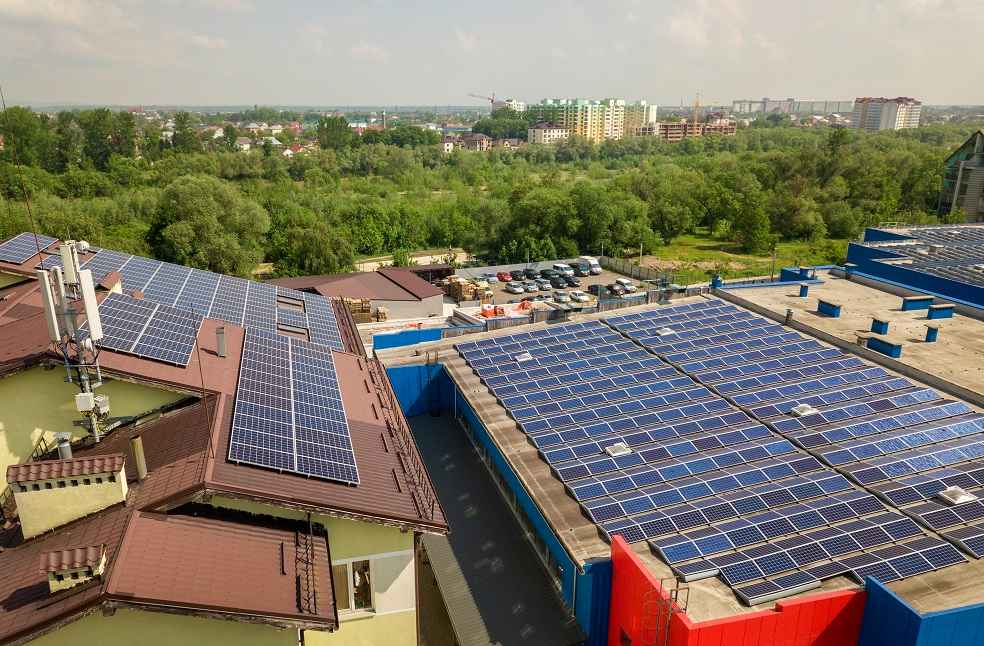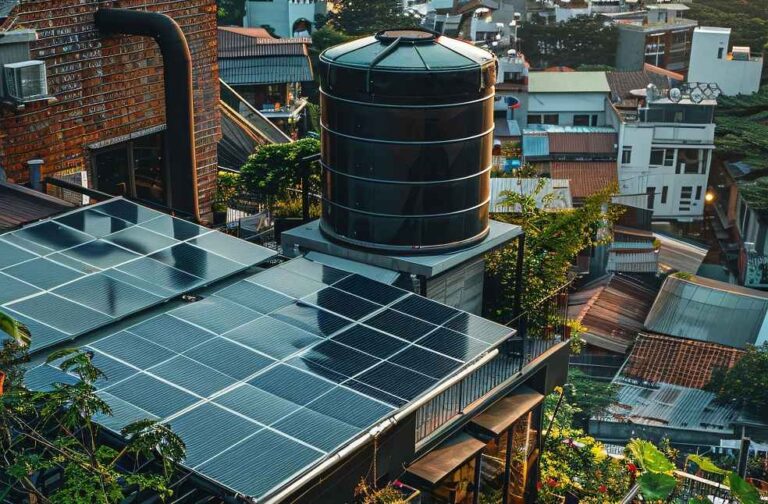The rise in demand for solar rooftop panels is fueled by technological advancements, government incentives, and growing environmental awareness. Modern photovoltaic panels offer higher efficiency, with innovations like bifacial panels and solar shingles enhancing solar energy capture. Improved energy storage solutions also make solar power more reliable, particularly in regions with inconsistent sunlight.
Government Incentives
Governments globally are promoting solar adoption through policies like tax credits, subsidies, and net metering. For instance, the U.S. Investment Tax Credit (ITC) has significantly boosted solar installations, while the European Union’s Green Deal aims for climate neutrality by 2050, with solar energy as a key component.
Economic and Environmental Benefits
Solar rooftop panels provide long-term cost savings on energy bills, making them economically viable. Businesses benefit from reduced operational costs and improved corporate social responsibility. Environmentally, solar panels contribute to reducing carbon emissions and reliance on fossil fuels, supporting global efforts against climate change.
Regional Growth and Challenges

North America, Europe, and the Asia-Pacific region lead in solar adoption, driven by favorable policies and investment in renewable energy infrastructure. The Middle East and Africa are also recognizing the potential of solar energy, particularly for decentralized power solutions. Challenges include the initial installation cost and efficiency issues related to shading and weather conditions.
Future Outlook
Despite challenges, the solar rooftop panels market is set for continued growth. Ongoing technological advancements and expanding financing options are expected to overcome barriers, positioning solar energy as a critical element in the global shift toward sustainability.
AUTOWORLD | Status and Future Outlook of the Global FCEV Market



